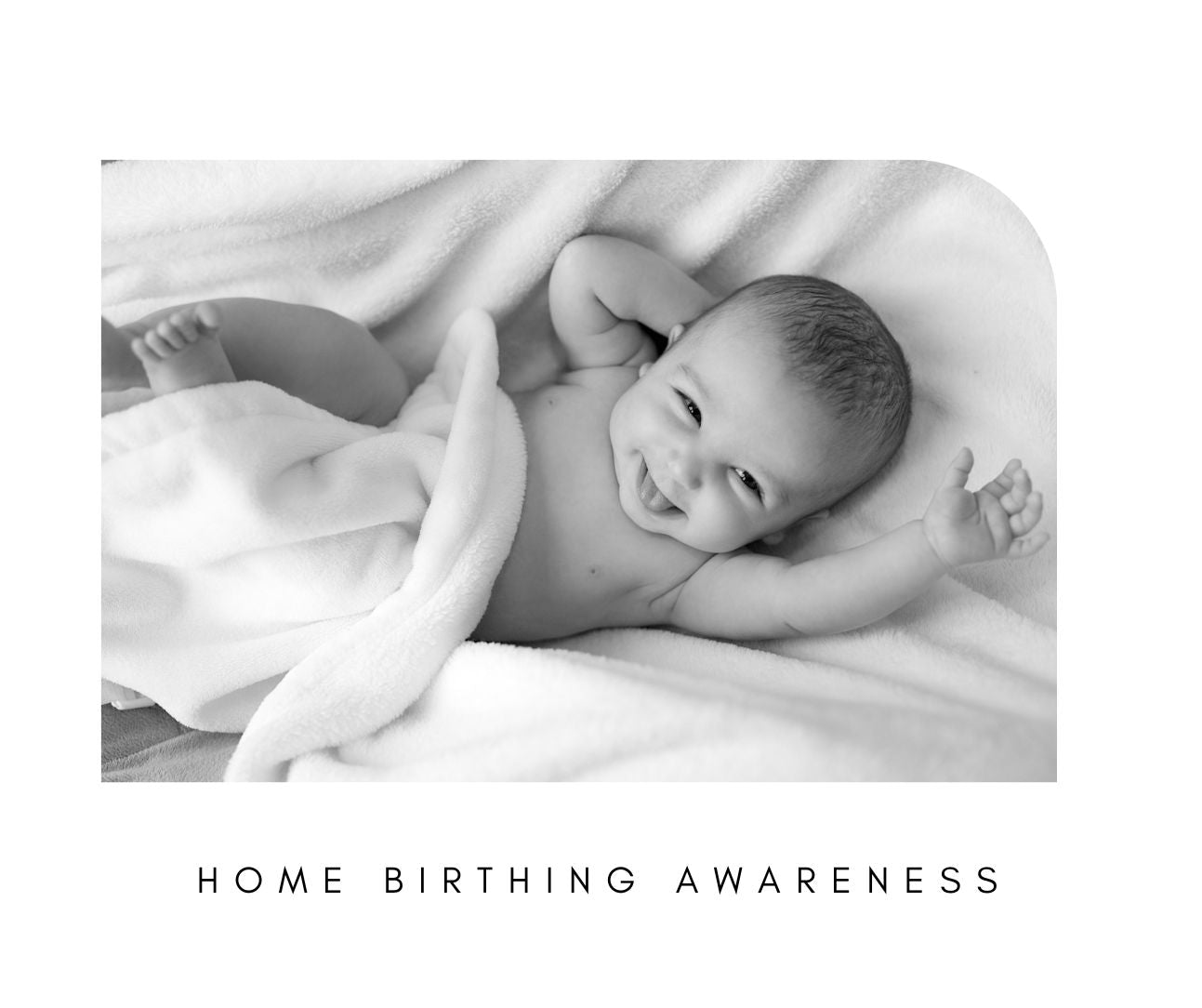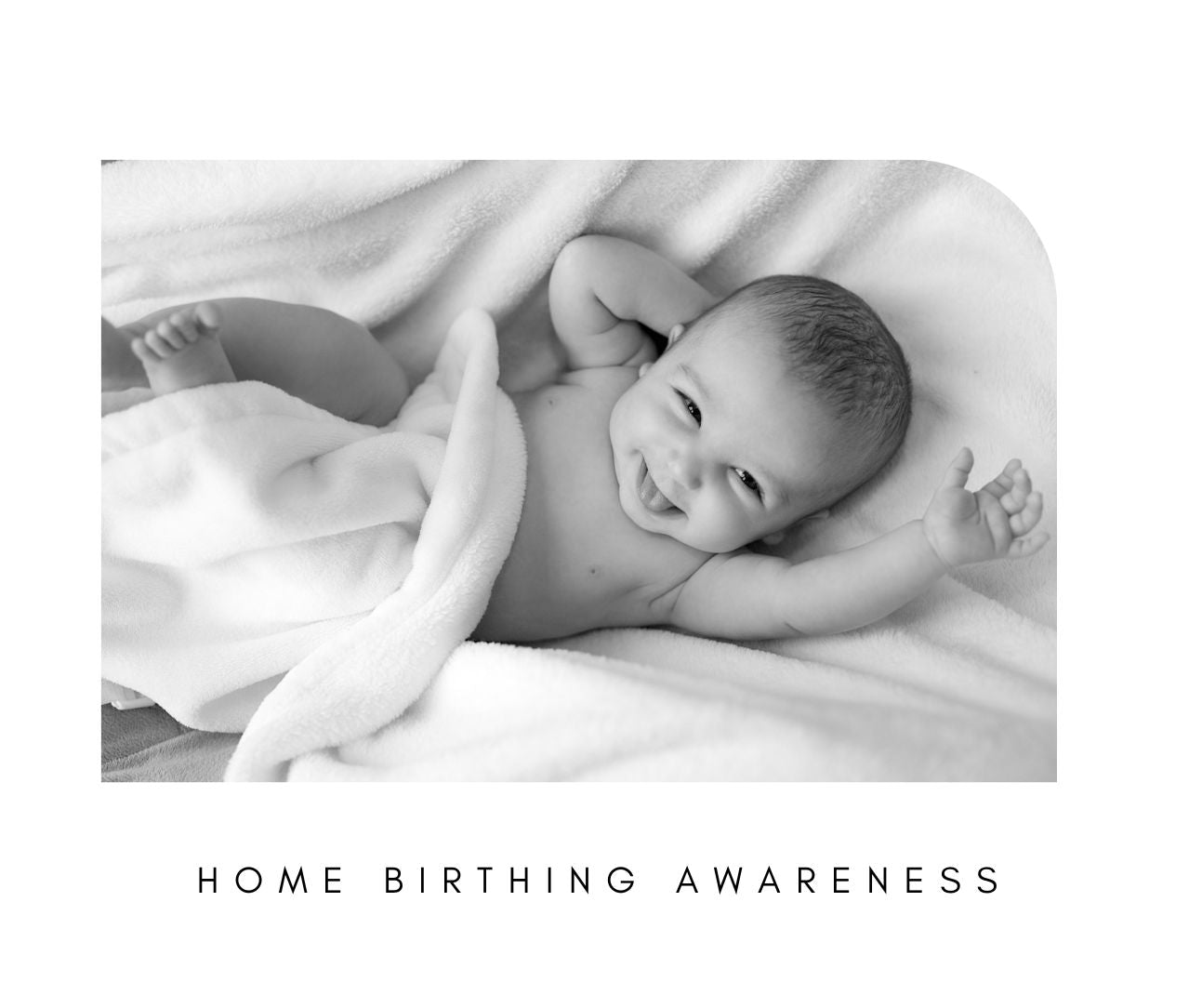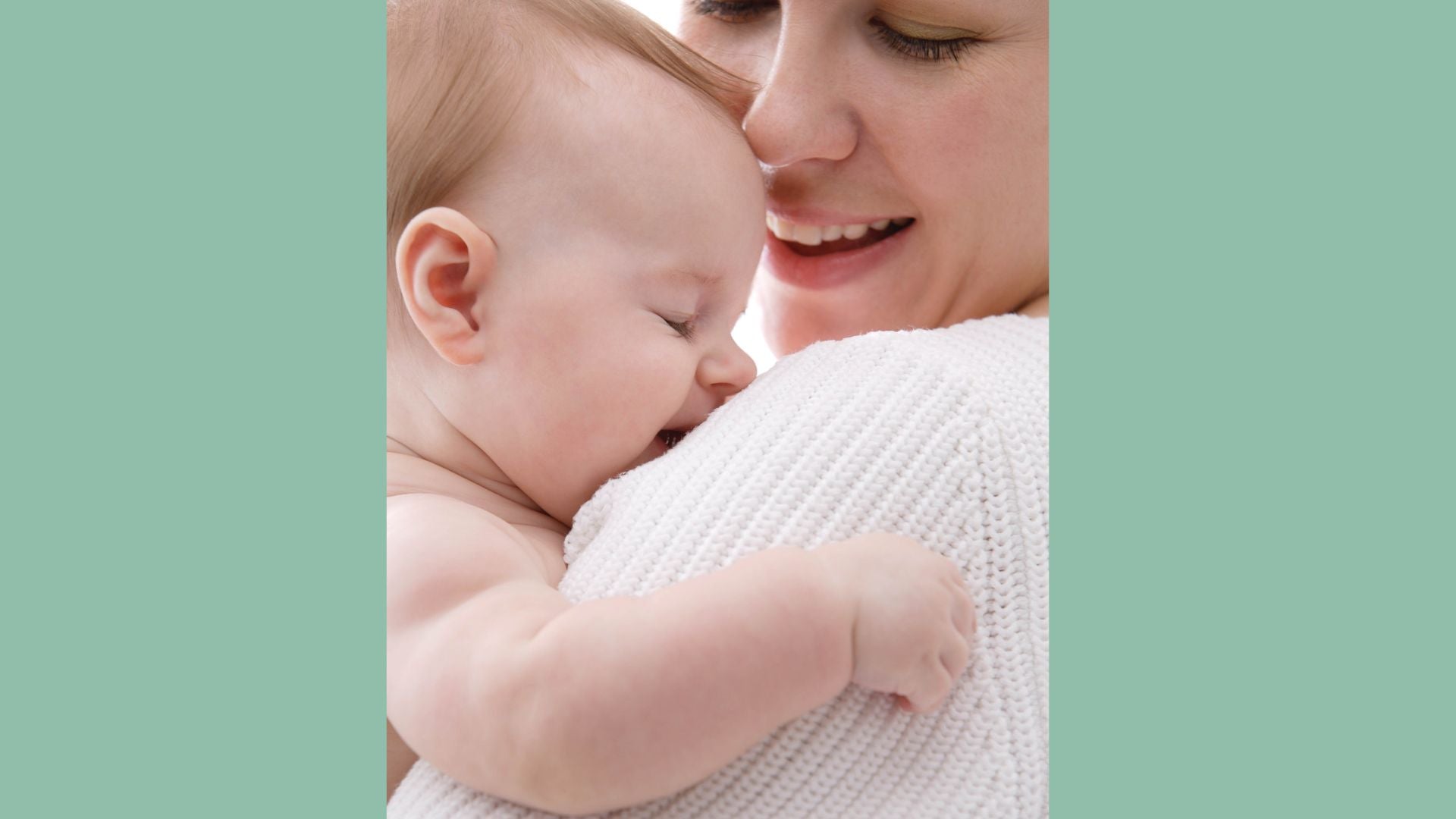Home Birthing: Benefits vs Risks

Choosing Home Birthing for Your Little One’s Arrival
Expecting a new baby is an exhilarating experience filled with decision processes that shape your maternity journey. One significant choice facing many expecting parents today is whether to opt for home birthing. This blog post dives into the benefits and risks of home birthing, helping you make an informed decision that aligns with your personal values and health needs. Whether you're first-time parents or seasoned mothers looking for a natural birthing experience, this guide will provide you with essential insights to take into consideration.
Understanding Home Birthing
Home birthing involves delivering your baby in the comfort of your own home rather than at a hospital. It should be facilitated by a midwife or a professional trained in home birth practices. This birthing method allows for a more intimate and controlled environment, but it isn't without its challenges and risks.
The Personal Touch of Home Birthing
One of the most appealing aspects of home birthing is the personal and intimate setting it provides. Expecting parents can create a comforting environment with familiar surroundings. You have the freedom to decorate, play music, and even invite family members to be present during the birth. The sense of control and personalisation can significantly reduce stress and anxiety, contributing to a smoother birthing process.
The Role of Midwives
Midwives play a crucial role in home births, offering personalised care and support throughout the pregnancy and delivery process. They are trained to handle normal pregnancies and births and can provide continuous care that is often more personalized than hospital-based care. Their presence can ensure that birth plans are followed closely, and they can offer natural pain relief methods and needed emotional support.
Lower Intervention Rates
Home births typically have lower rates of medical interventions such as epidurals, caesarean sections, and episiotomies. Many mothers prefer home birthing because it allows for a more natural progression of labour without unnecessary medical interventions. This can lead to fewer complications and a quicker recovery time for both mother and baby.
Comfort and Familiarity
Being in a familiar environment can provide immense comfort during labour. You can move freely, eat and drink as you wish, and use your own bathroom. The comfort of home can help labour progress more naturally and reduce the need for pain relief, making the birthing process more manageable and less stressful.
The Importance of a Birth Plan
Having a well-thought-out birth plan is crucial for a successful home birth. This plan should include your preferences for labour and delivery, emergency procedures, and the roles of everyone involved. Communicating your birth plan with your midwife and support team ensures that everyone is on the same page and prepared for the big day.
Risks of Home Birthing
While home birthing offers numerous benefits, it is essential to be aware of the potential risks. These can include complications that require immediate medical attention, such as excessive bleeding, prolonged labour, or featal distress. In such cases, the time taken to transfer to a hospital can be critical.
Emergency Preparedness
Emergency preparedness is vital for home births. Ensure you have a clear plan in place for transferring to a hospital if necessary. This includes knowing the fastest route to the nearest hospital, having a packed hospital bag ready, and maintaining open communication with your healthcare providers. Midwives are trained to recognise when a transfer is needed and can facilitate the process smoothly.
The Role of Technology in Home Birthing
Advancements in medical technology have made home birthing safer. Portable monitors, oxygen supplies, and other medical equipment allow midwives to handle various situations more effectively. It's essential to ensure that your midwife is equipped with the necessary technology and training to manage any potential complications.
The Emotional Benefits
The emotional benefits of home birthing can be significant. Many mothers report feeling more empowered and in control during a home birth. The ability to birth in a familiar environment surrounded by loved ones, can create a more positive and memorable experience. This emotional well-being can also contribute to better postpartum recovery.
The Financial Aspect
Home birthing can be more cost-effective compared to hospital births. Without the need for extensive medical interventions and hospital stays, the overall cost can be significantly lower. However, it's essential to consider insurance coverage and any additional costs for midwifery services and emergency transfers.
Community and Support Networks
Joining a community of home birth advocates can provide additional support and resources. Many online forums and local groups offer a wealth of information, shared experiences, and emotional support. Engaging with these communities can help you feel more confident and prepared for your home birthing experience.
Legal Considerations
Before opting for a home birth, it's crucial to understand the legal considerations in your area. Regulations regarding home birthing and midwifery practices vary by location. Ensure that your midwife is licensed and that your home birth plan complies with local laws and guidelines.
To obtain any government support benefits for your child, and for all necessary future ID purposes connected to your child's integration into society, it is advisable to promptly register your child's birth with your government Births Registry in order to acquire necessary birth certification.
In Summary
Home birthing presents a unique opportunity to bring your baby into the world in a familiar, comfortable setting. By understanding both the benefits and risks, you can make an informed decision that best suits your needs and preferences. Remember, the key to a successful home birth lies in thorough preparation, expert support, and a clear plan for emergencies. If you're considering home birthing, reach out to a trusted midwife or healthcare provider to discuss your options further.
~ jinki.com




